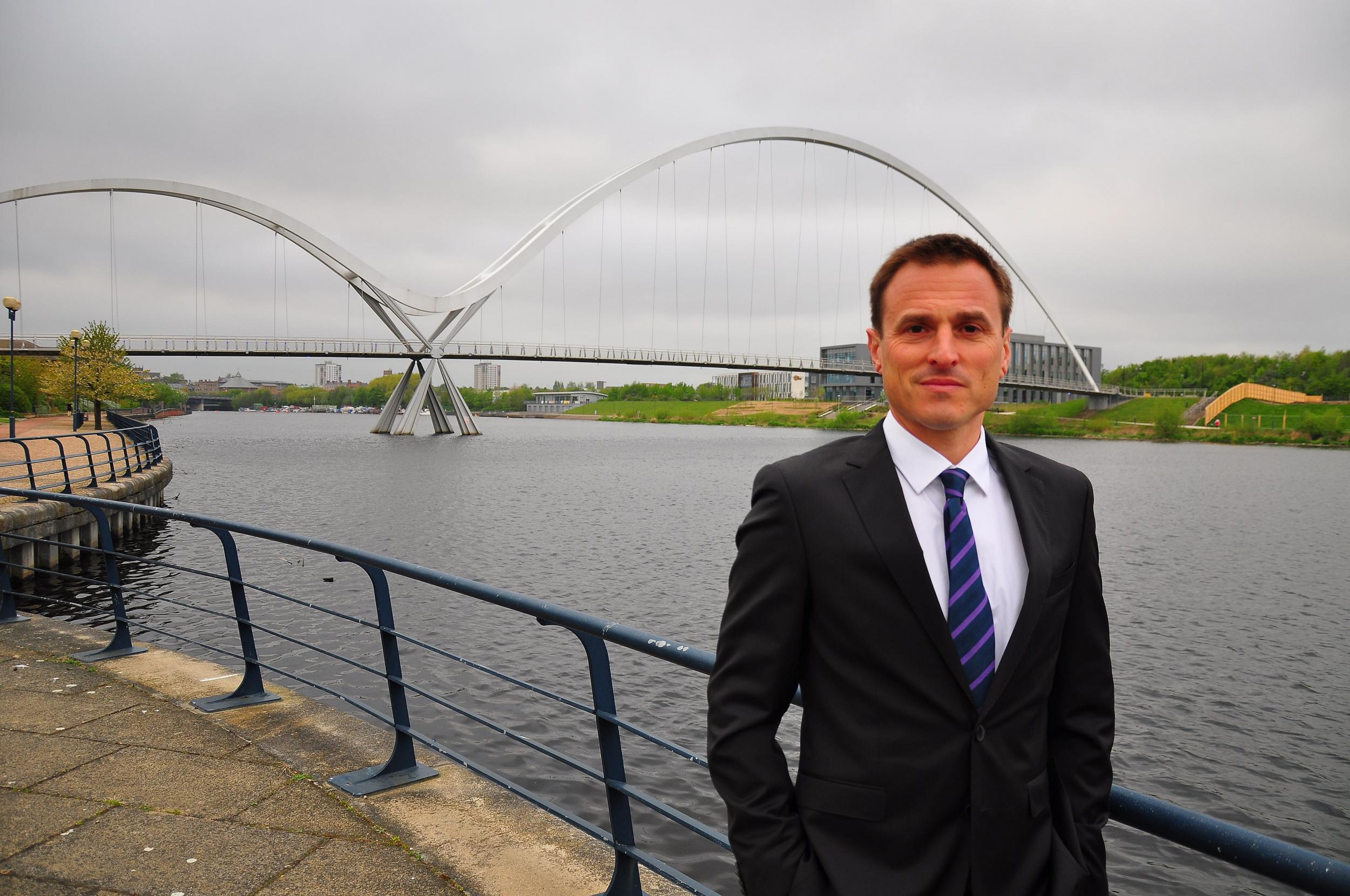Schools fuel mental health crisis by isolating children in harsh 'consequences booths', ministers warned
Department for education urged to investigate draconian punishments of pupils by some academy chains – for the entire day, often for trivial reasons
Schools are fuelling a mental health crisis among children by isolating them in harsh “consequences booths” for the entire day for trivial reasons, ministers have been warned.
The Department for Education is being urged to investigate draconian punishment policies introduced by some academy chains, which an MP protested would be banned in any workplace.
Paul Williams, who is also a GP, said parents in his constituency were angry and alarmed by the practices – reporting that children were suffering growing anxiety and nightmares in some cases.
They were confined in small booths for up to seven hours, for accumulated minor offences including forgetting a pen, making a paper aeroplane, looking out of a window and sucking on a mint.
The booths have walls on three sides – like the set-up for visiting a prison – with children ordered to look straight ahead, avoid “tapping” or “sighing”, and limited to three toilet visits during the day.
A teachers’ union echoed the MP’s fears that children with existing mental disorders were being “caught up” in the crackdowns, while campaigners against academies said the “worst cases verge on child abuse”.

Dr Williams, the MP for Stockton South, has demanded a meeting with the schools’ minister, describing the consequences booths as a “threat to mental health”.
“I would never treat people who work for me like that and parents who are contacting me don’t want their children to be treated that way,” he told The Independent.
“Parents have told me that their children are developing mental health problems as a result of the knowledge that they will be kept in these consequence booths – they are suffering nightmares and anxiety.
“We know we already have a crisis of mental health problems among young people. Schools should be giving those pupils support – but this policy is doing the reverse.”
Among the academies that operate the booths in Stockton South is Ingleby Manor, a 200-pupil secondary run by the Delta Academies Trust.
Lisa Clarkson, a mother of two children at the school, said the punishments “can escalate so quickly, so even the best behaved children are finding themselves in these booths”.
“These schools seem to be a law unto themselves,” she said. “I can’t believe they have got away with sitting children in a confined space for up to seven hours.
“How many hours of lost education is not reported or monitored? Children are not being actively taught in these hours.”
The Independent asked Ingleby Manor to respond to the criticisms made, but received no response by the time of publication.
The National Education Union also criticised any punishments that ended up “ridiculing children or causing them physical discomfort”.
Rosamund McNeil, its assistant general secretary, said: “Often, when children are misbehaving, it masks frustration with school work, difficulties at home or emotional needs.
“Children with special needs such as autism or behavioural difficulties can get caught up in behaviour systems if the school isn’t given the specialist support they need from local agencies.”
And Alasdair Smith, the national secretary of the Anti Academies Alliance, said the freedoms given to academies had led to “policies based on personal whims or prejudice rather than evidence”.
“They are likely to hit the most vulnerable and can contribute to mental health problems,” he said.
“Yet some academies ignore this and use extreme policies which in the worst cases verge on child abuse. This needs to stop.”
Nick Gibb, the schools minister, told Dr Williams he would be “very happy” to meet him to discuss the controversy, when it was raised during education questions in the Commons.
Join our commenting forum
Join thought-provoking conversations, follow other Independent readers and see their replies
Comments